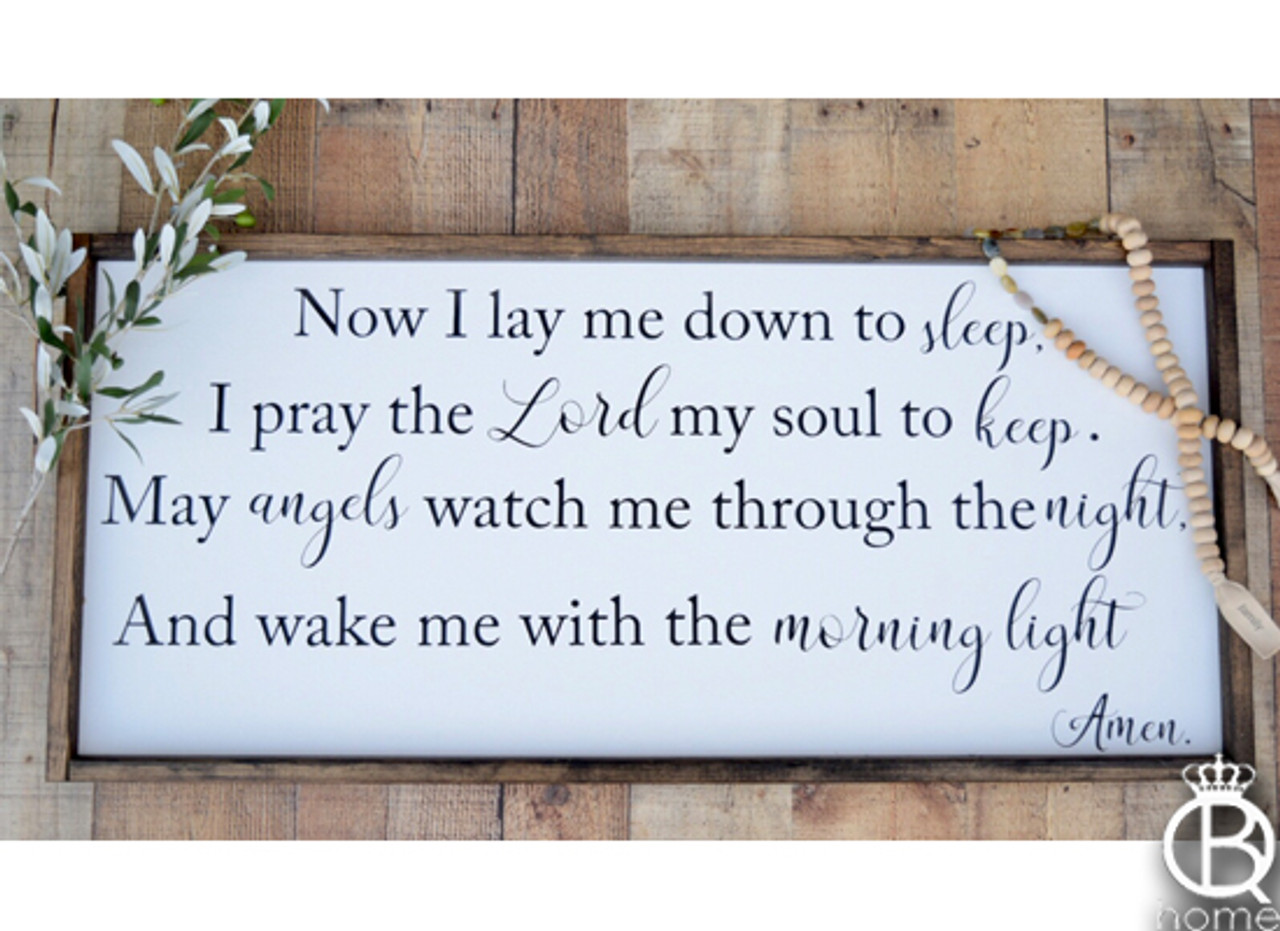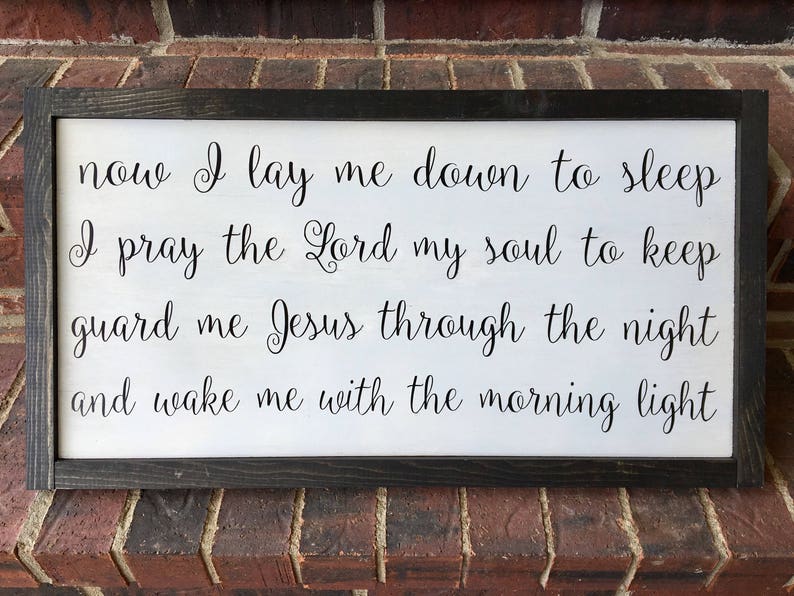

The more active you are, the more sleep you may need. Sleep is a form of energy for the body and mind, and a time for the body to recover from exertion. You may find you need 7 hours of sleep in your 20s, and 8 hours-or 6.5-in your 50s or 60s. Your genes influence both your circadian rhythms and your internal sleep drive, the two primary biological sleep systems You’ve heard me say it before: there is no single right amount of sleep that applies to everyone. If you’re making consistency a priority in your sleep routine, it shouldn’t happen often.

That happens to everyone, once in a while.

What I’m NOT talking about here is the once in a blue moon night of extra sleep you might need after coming up unexpectedly short on sleep. Grogginess on and off or consistently throughout the day.Trouble rising from bed and starting the day.Difficulty waking up in the morning (including sleeping through an alarm).Sleeping for extended hours at night (typically well beyond the 7-8-hour general norm).Like its counterpart insomnia, hypersomnia has several core symptoms: Hypersomnia is the clinical term for excessive sleeping, and excessive sleepiness during the day. But oversleeping isn’t something to ignore. We talk a lot about insufficient sleep, and the risks that a lack of sleep poses for physical health, mood, relationships, and performance. Similar to people who sleep too little, people who sleep too much have higher overall mortality risks. Sleeping too much is linked with many of the same health risks as sleeping too little, including heart disease, metabolic problems such as diabetes and obesity, and cognitive issues including difficulty with memory. It’s often a signal that a person is experiencing poor sleep quality, and it can be a sign of a clinical sleep disorder, including obstructive sleep apnea or narcolepsy. It may be connected to a mental health issue such as depression. Like insufficient sleep, oversleeping is a sign of disordered sleep. Understanding basic sleep hygiene will give you insight into what things you may be doing that cause you to have trouble falling asleep, staying asleep, and waking up tired.In a world where so many of us are struggling to get enough sleep, the issue of sleeping too much might seem like a luxury problem. These are determined principally by heat and light, making it natural to sleep when it's colder and darker, and wake when it's lighter and warmer. Our circadian rhythm determines our sleep/wake cycles. If that doesn't help, you should focus on improving the quality of your sleep by understanding basic sleep hygiene guidelines. You may need 8.5 hours or 9 hours of sleep/night. Why am I still tired after sleeping for 8 hours? If you wake up at 6am, to get 7-9 hours of sleep you should be going to bed between 9pm and 11pm. What time should I go to bed if I wake up at 6am? For example, newborns need 14-17 hours/day, while adults aged 65 and over need 7-8 hours/day. As we age, the number of hours of sleep needed daily decreases. Does your need for sleep change with age? Some people are better off going to bed early and waking up early (early birds), while others feel better going to sleep later and waking up later. What time should I wake up and go to bed?Įveryone has a different circadian rhythm. Here are the answers to our most frequently asked questions about calculating sleep times. We break these tips down on our comprehensive sleep advice page. If you find yourself struggling with falling asleep or staying asleep, making some simple adjustments to light exposure, activity levels, stress, and your environment will support you in finding a long-term solution. If you have any questions about this sleep calculator or would like to reach out to one of our experts, please don't hesitate to send us a message. We created this personalized sleep calculator because we believe people should know roughly when they should wake up and what time they should aim to go to sleep based on the latest recommendations from the National Institute of Health, the Sleep Health Journal, and other trusted sources. The results are broken down to optimize your REM and non-REM sleep cycles. You will be given multiple results based on your age as well as your goal wake time or bedtime. Use our sleep cycle calculator to estimate the best time for you to wake up and go to bed.


 0 kommentar(er)
0 kommentar(er)
